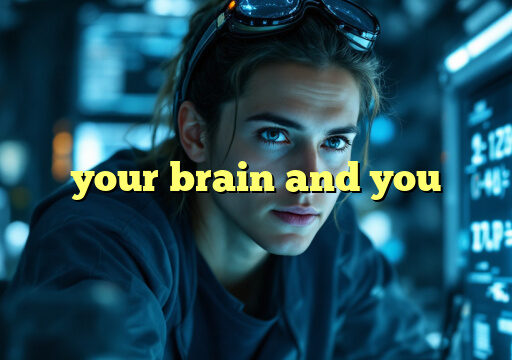Our brains are incredibly complex organs that play a crucial role in shaping our perception of reality. The way we perceive the world around us, make decisions, and form memories are all influenced by the intricate workings of our brains.
The Role of Perception
Perception is the process by which our brains interpret sensory information from the environment. It involves the integration of sensory inputs such as sight, sound, smell, taste, and touch to create a coherent mental representation of the world.
Research has shown that our perception of reality is not a direct reflection of the external world but rather a construction of our brains. This is because our brains filter and interpret sensory information based on our past experiences, beliefs, and expectations.
Neuroplasticity and Reality
Neuroplasticity is the brain's ability to reorganize itself by forming new neural connections in response to learning, experience, or injury. This phenomenon plays a key role in shaping our reality by influencing how we perceive and interact with the world.
Studies have demonstrated that our brains can adapt and change in response to new experiences and stimuli. This means that our perception of reality is not fixed but rather malleable and can be reshaped through conscious effort and practice.
The Impact of Beliefs and Expectations
Our beliefs and expectations also play a significant role in shaping our reality. Research has shown that our brains filter sensory information based on our preconceived notions and biases, leading us to perceive the world in a way that confirms our existing beliefs.
For example, studies have found that individuals who believe they are prone to illness are more likely to experience symptoms of illness, even in the absence of any physical cause. This phenomenon, known as the nocebo effect, highlights the powerful influence of our beliefs on our perception of reality.
The Role of Memory
Memory is another crucial factor that shapes our reality. Our brains store and retrieve information from past experiences to make sense of the present and guide future actions. However, research has shown that our memories are not always accurate representations of past events.
Studies have revealed that our memories are susceptible to distortion and manipulation, leading us to remember events in a way that aligns with our current beliefs and emotions. This phenomenon, known as memory bias, can significantly impact our perception of reality and decision-making processes.
Conclusion
Our brains play a central role in shaping our perception of reality through processes such as perception, neuroplasticity, beliefs, expectations, and memory. By understanding the complex interplay between our brains and the external world, we can gain insights into how our thoughts and actions are influenced by our cognitive processes.
By leveraging cutting-edge research in neuroscience and psychology, we can develop strategies to enhance our cognitive abilities, challenge our limiting beliefs, and cultivate a more accurate and flexible perception of reality. Ultimately, by harnessing the power of our brains, we can shape our reality in meaningful and transformative ways.
FAQs
Q: Can our perception of reality change over time?
A: Yes, research has shown that our perception of reality is not fixed but can be reshaped through new experiences, learning, and conscious effort.
Q: How do beliefs and expectations influence our perception of reality?
A: Our beliefs and expectations filter sensory information, leading us to interpret the world in a way that aligns with our preconceived notions and biases.
Q: Is it possible to improve our cognitive abilities through neuroplasticity?
A: Yes, neuroplasticity allows our brains to adapt and change in response to new experiences, enabling us to enhance our cognitive functions through practice and learning.
Unlock Your Mental Potential

